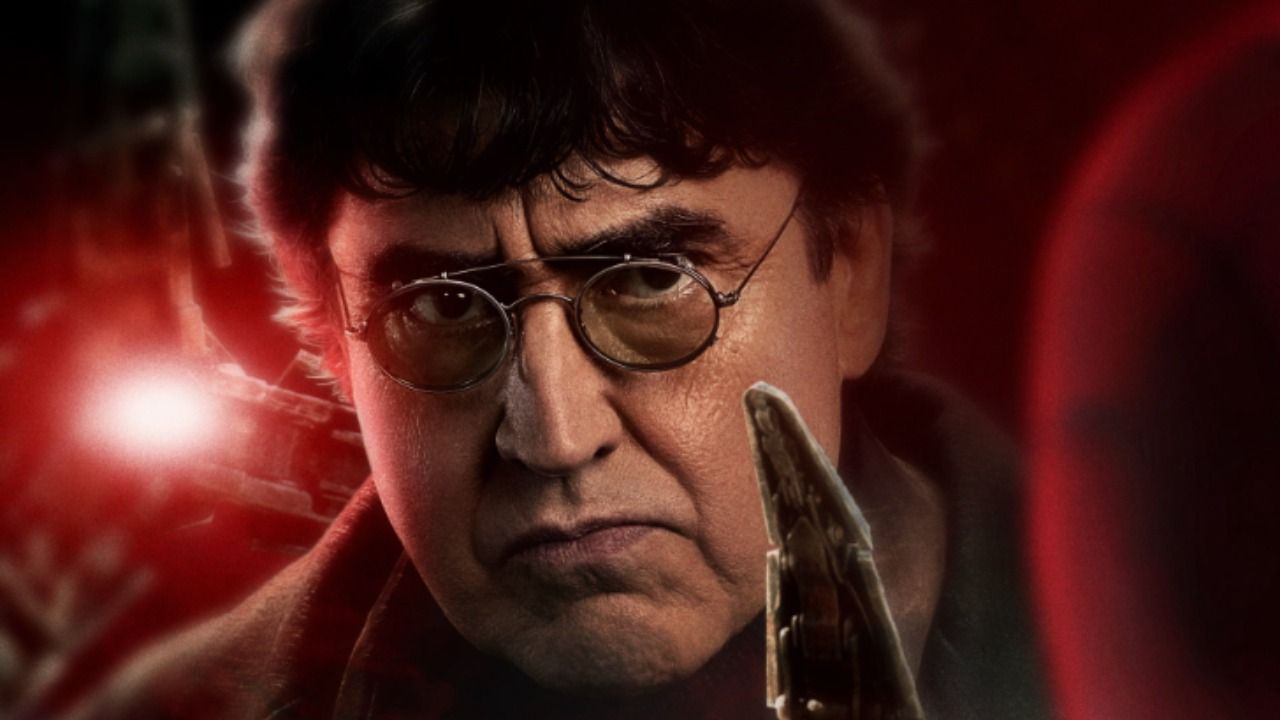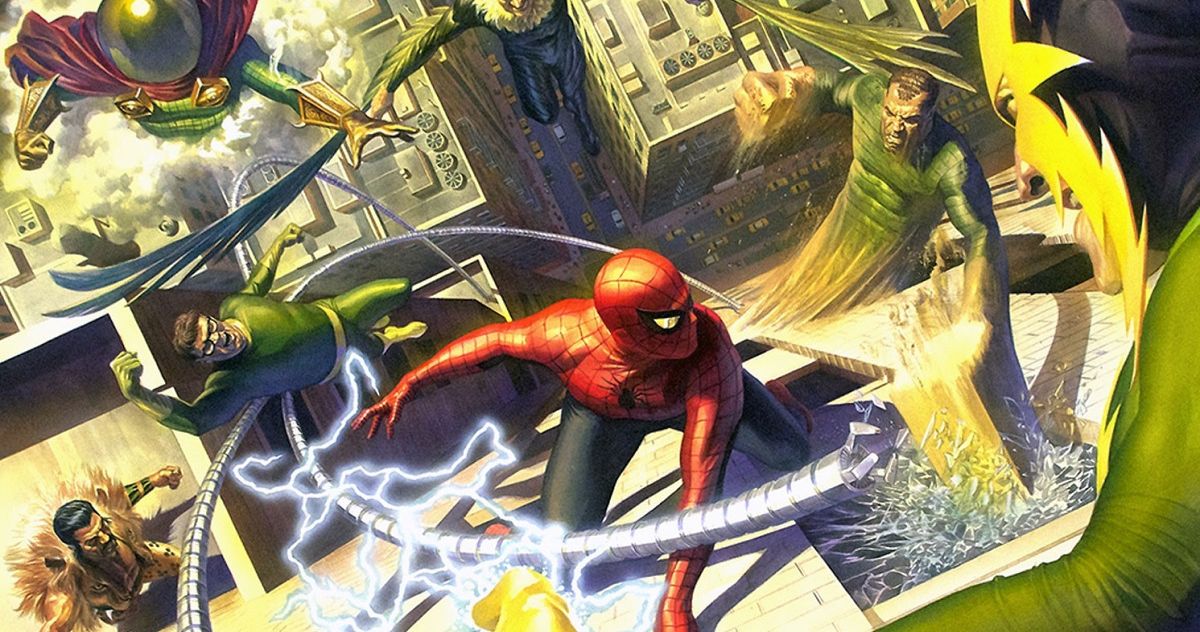Alfred Molina was one of the stars who made a dramatic return to the world of Marvel in Spider-Man: No Way Home, reprising his role as Doc Ock after 13 years. His role in the movie saw redemption for his character, along with the rest of the villains to appear such as Willem Dafoe’s Green Goblin and Jamie Fox’s Electro, with Tom Holland’s MCU hero “saving” the adversaries from other universes and sending them home “fixed” characters. After the events of the movie, Molina revealed while appearing on the Household Faces with John Ross Bowie podcast that he feels that is now the closure on his character for good. He said:
"What made Jon Watts’ Spider-Man movies and Sam Raimi’s movies so wonderful is that they were both directed by people who, and had creative teams of people, who absolutely love the genre, they love this world. This is a huge thing for them and they take it very, very seriously and they’re very passionate about it. So the detail that goes into it is just phenomenal. But as an actor, very much you’re… a functionary in a sense, particularly if you’re playing the bad guy, because you have to fulfill certain functions. But what makes this movie interesting and different from the previous one is that, here we see the full redemption, certainly of Doc-Ock, which makes me think that maybe they may be putting him to bed. Because I don’t think you can be a good person with a moral compass who turns into a villain, and then comes back to being the decent person he was and then [back again]… I don’t think that would happen."
Spider-Man: No Way Home Proved That Marvel’s Multiverse Works…If Done Right.
The phenomenal success of Spider-Man: No Way Home gave the MCU one of its biggest movies, provided Sony with their highest grossing movie of all time, and confirmed that the MCU’s multiverse is something that audiences are more than willing to dive into. However on the flips side of that is Morbius, Sony’s latest movie set in their Spider-Man world that tried to set itself up as having links to the MCU in more ways than it actually did.
Marvel Studios has spent a lot of time, effort and resources into making sure that everything (we allow a couple of small missteps from time to time) runs smoothly and links up in a way that makes sense and holds its continuity. Morbius was originally marketed with Spider-Man images and an appearance by Michael Keaton’s Vulture, the villain of Spider-Man: Homecoming. When Morbius released, Spider-Man was gone and Vulture’s appearance became a somewhat convoluted post-credit double-hit, that saw the villain “transferred” from the MCU into the Sony Universe and quite easily seeming to set up a pact with the movie’s titular vampire.
This comes with a massive amount of issues which have since been discussed in great detail, and with Morbius hugely underperforming at the box office, it proved that the Marvel multiverse works, but only when done right. As if to hammer the point home, Doctor Strange in the Multiverse of Madness is up next, and looks set to be another billion dollar winner for Marvel Studios.


